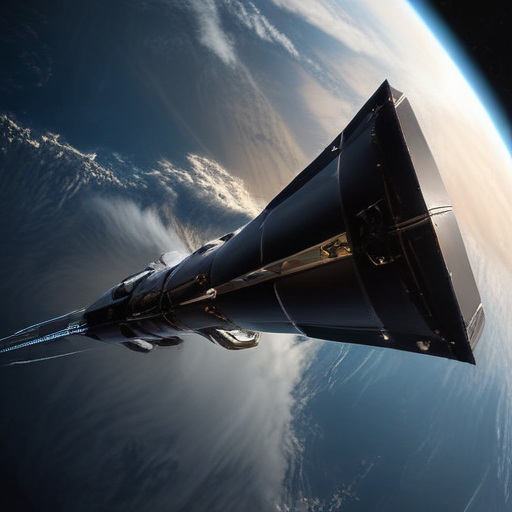ThrustMe, a French satellite propulsion company, is making significant strides in the U.S. space sector, having recently secured contracts with several American firms. This expansion showcases the company’s growing influence and adaptability within a highly competitive market known for its challenges for international players.
Founded in 2017, ThrustMe specializes in miniaturized, iodine-fueled electric propulsion systems tailored for small satellites. The company gained notable attention in 2021 when they successfully conducted the first on-orbit tests of their iodine-fueled propulsion technology, validating iodine as a viable propellant option. Subsequently, ThrustMe ramped up to industrial-scale production in mid-2023, resulting in the delivery of over 150 propulsion systems, of which 67 are operational in space.
Among the new clients are a range of progressive companies such as Starfish Space, Astro Digital, and Magellan Aerospace. Notably, ThrustMe is contributing to a Canadian government satellite mission through Magellan Aerospace. Additionally, Lumen Orbit is integrating ThrustMe’s technology for a Very Low Earth Orbit (VLEO) mission focusing on in-orbit cloud computing, while Turion Space will utilize ThrustMe’s propulsion systems for its DROID.002 spacecraft, slated to launch via SpaceX’s Transporter-13 mission.
Although the specifics of direct contracts with U.S. government agencies remain undisclosed, ThrustMe’s growing presence in the U.S. could open doors to opportunities within both defense and civilian space applications. The U.S. Space Force’s allocation of $20 million in its fiscal year 2025 budget for innovative space technologies indicates a rising interest in advanced propulsion solutions, which could favor ThrustMe’s offerings.
Industry analysts note the increasing demand for satellite propulsion systems amid the evolution of commercial satellite constellations and the needs of defense entities for more adaptable spacecraft. As such, this dynamic shift reaffirms that propulsion systems are becoming essential components for modern space operations, supported by ongoing investments from both governmental and private sector stakeholders.
This situation reflects a broader trend of international companies successfully collaborating within the U.S. space industry, paving the way for enhanced innovation and reinforcing the strength of global partnerships in the exploration of space.
